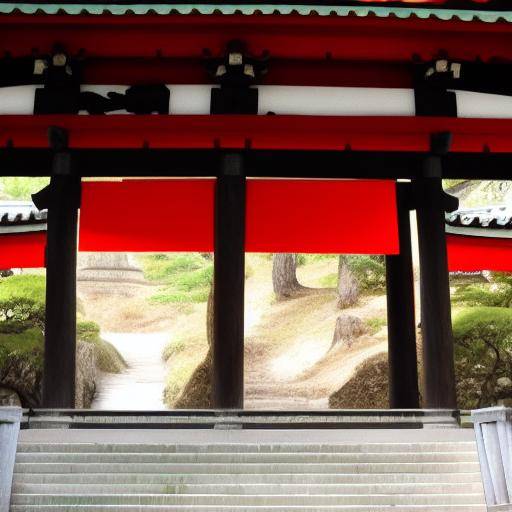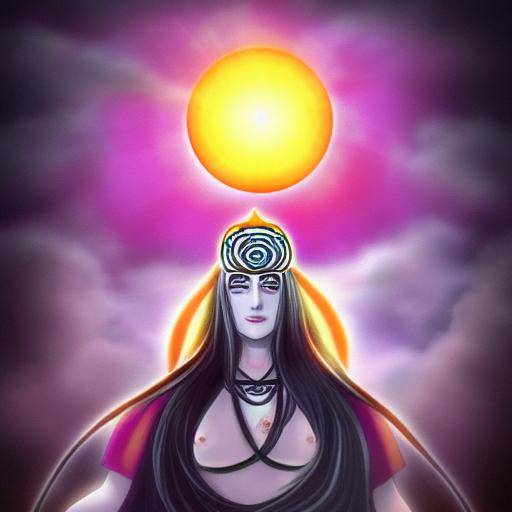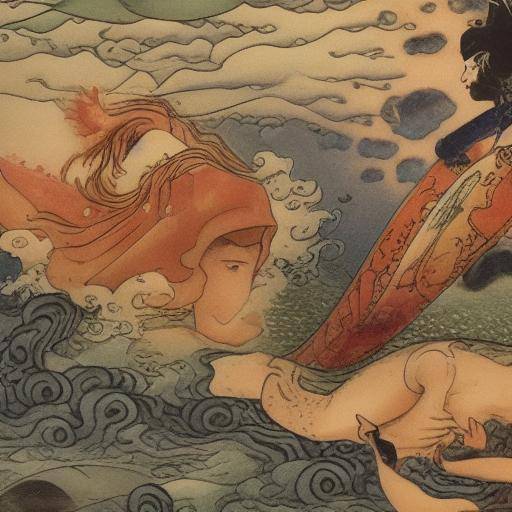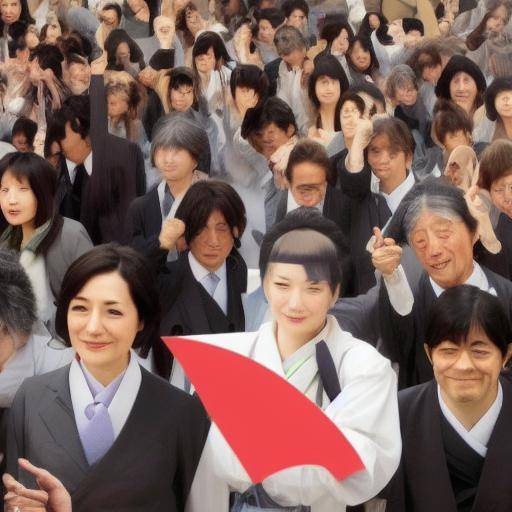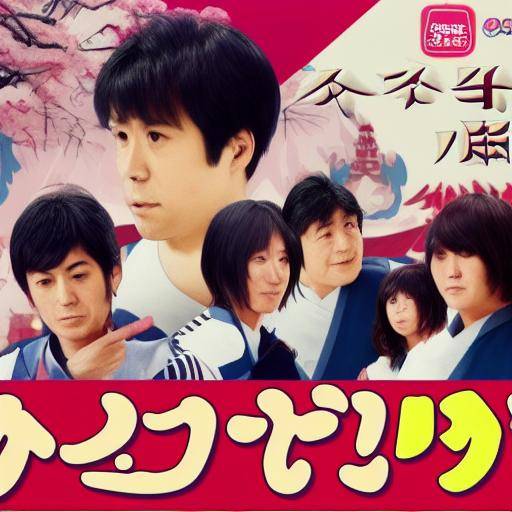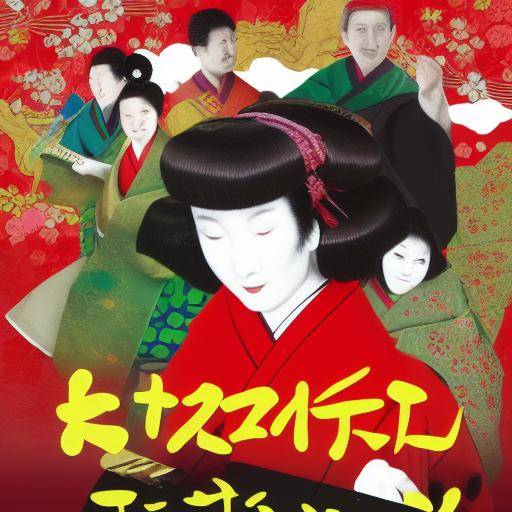
Introduction
The Japanese folklore is impregnated with supernatural beings and mysterious creatures that have captivated the imagination of generations over the centuries. One of the most enigmatic is the "kappa", an aquatic creature that has been the subject of numerous legends and myths in Japanese mythology. In this article, we will thoroughly explore the fascinating history, characteristics and meaning of kappa, as well as its relationship with other aquatic beings and Japanese mythology in general.
History and Background
The kappa has been a prominent figure in Japanese mythology since time immemorial. The first written records that refer to this creature date back to the Edo period (1603-1868). It is described as a kind of aquatic leprechaun that inhabits rivers and ponds, with an appearance that combines human and turtle traits. Throughout history, kappa has been represented in various forms in art, literature and cinema, becoming a cultural icon of Japan.
As Japanese society evolved, the role and interpretation of kappa also experienced significant changes. On the one hand, some stories presented him as a naughty and playful creature, while others showed him as a malevolent being that attacked humans. These variations in the perception of kappa reflect the complexities of Japanese mythology and its ability to adapt to different cultural and social contexts.
Analysis in Deep
The presence of kappa in Japanese mythology has transcended the folkloric sphere, and has influenced various areas of popular culture. His representation in art, literature and cinematography has been the subject of analysis by scholars and folklore enthusiasts. In addition, scientific research has been conducted to unravel the origin and influence of kappa in the collective psyche of Japanese society.
The beliefs and myths around kappa have also had an impact on the religious and spiritual traditions of Japan. In many temples and shrines, rituals are performed to appease or invoke the protection of kappa, which evidences its root in the daily life of Japanese society.
Comprehensive review
In exploring Japanese mythology, it is inevitable to compare and contrast kappa with other aquatic beings present in the legends of other cultures. While each figure has its own particularities, it is interesting to analyze the similarities and differences that exist between these mystical entities. This comparative approach allows us to deepen the wealth and diversity of mythological traditions around the world.
It is also relevant to examine the evolution of the concept of aquatic beings in Japanese culture and their influence on the cosmovision and identity of the Japanese people over time. From antiquity to the modern era, symbolism associated with water and its mythological inhabitants has been a fundamental element in the conception of the world by Japanese society.
Practical Tips and Accessible Recommendations
For those who wish to immerse themselves in the fascinating world of Japanese mythology and its aquatic beings, it is important to take into account certain aspects when dealing with this issue. Here are some practical recommendations to explore and understand more deeply the figure of kappa and its relationship with other aquatic beings in Japanese mythology:
- Read classic Japanese literature works that address the theme of kappa and other supernatural beings.
- Explore monuments and emblematic places related to Japanese mythology, where you can appreciate the influence of kappa and other aquatic beings.
- Participate in cultural events and festivities that give homageal kappa and their aquatic companions, as a way of experiencing firsthand the wealth of Japanese folklore.
Conclusions and FAQs
In short, kappa is just a piece of a vast puzzle that forms Japanese mythology and its aquatic beings. Its history, evolution and transcendence in Japanese culture make it a fascinating and enigmatic element that deserves to be explored and appreciated in its wider context.
FAQs
1. What is the origin of kappa in Japanese mythology?
The origin of the kappa dates back to ancient traditions and popular beliefs in Japan, where a mystical presence has been attributed to it in rivers and bodies of water.
2. What are the most outstanding features of kappa?
The kappa is described as a turtle-like creature, has a bowl at the top of its head full of water that gives it its power, and has weakness for the cucumber.
3. What is the role of kappa in contemporary Japanese society?
Although its presence has faded in everyday life, kappa remains a popular character in Japanese culture, present in festivals and artistic manifestations.
4. Is there any relationship between kappa and other aquatic beings of Japanese mythology?
Yes, Japanese mythology has a wide variety of aquatic beings, each with its own characteristics and legends. The relationship between them is subject to study and interest.
5. What is the impact of kappa on contemporary popular culture?
The kappa remains a recurring character in literature, cinema, video games and other forms of contemporary cultural expression, maintaining its influence in Japanese society.
6. Where can be found representations of kappa in Japan?
Visitors interested in the kappa and its mythology can find representations of this figure in traditional temples, shrines, museums and festivals in Japan.
In conclusion, kappa is an emblematic figure that forms part of Japan's rich cultural legacy, and its presence in Japanese mythology continues to awaken interest and wonder around the world. The exploration of legends and myths related to kappa and other aquatic beings gives us a fascinating window towards the rich mythological tradition of Japan.
With the information provided in this article, we hope to have aroused your interest in the magical world of kappa and Japanese mythology. If you want to further deepen this issue, we invite you to continue exploring this fascinating and enigmatic facet of Japanese culture.

